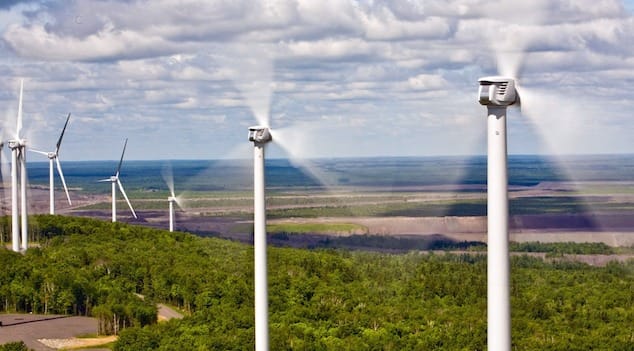Northwest Power Planning
NWEC spring conference to feature world-renown energy consultant Aimee Christensen
The CEO of Sun Valley, Idaho-based Christensen Global Strategies, Aimée Christensen has two decades’ experience in policy, law, investment and philanthropy with the U.S. Department of Energy, World Bank, Baker & McKenzie and others. She guided Google’s first climate and energy initiatives, negotiated the first bilateral climate change agreements and wrote the first university endowment investment policy on climate change (Stanford University, 1999).
Senate bills attack Washington state's clean energy standards
Are you getting tired of continual efforts to undermine the state’s incredibly successful clean energy law, Initiative 937? Well, here they come again. The Washington State Senate is about to vote on a slew of bills to slash I-937’s goals and standards. Tell your state senator to protect our clean energy law and our clean energy future. Vote NO on Senate Bills 5089, 5090, 5094, 5430, 5735 and 5842!
Idaho Statesman guest opinion: Idaho needs a plan to reduce greenhouse gas emissions
Ken Miller of Snake River Alliance eloquently makes the case for a greenhouse gas reduction plan in Idaho. Miller points out that so long as Idaho utilities burn coal, their customers will be on the hook for inevitable regulatory costs. If Idaho doesn’t create its own emissions reduction plan, the state will face legal costs and the federal government may write the plan instead. Ken Miller will be one of our featured panelists at the NW Clean & Affordable Energy Conference May 29-30 in Boise.
I-937 fact sheets, Feb. 2015
I-937 is working I-937 post 2020
Clean Energy Choice Act builds on I-937 success
State Rep. Jake Fey (D-Tacoma) has introduced HB 2073 to enhance the consumer and health benefits of Washington’s new renewables and energy efficiency law, Initiative 937. Fey’s Clean Energy Choice Act provides a framework for discussion of new resource development after 2020, when I-937’s new renewables standard plateaus at 15 percent.
AWEA blog: How wind energy helps keep the lights on despite variable winds
The American Wind Energy Association explains how wind energy can reliably meet a large portion of our nation’s energy needs: (1) More wind turbines means less power production variability; (2) changes in wind are more predictable than abrupt failures at conventional power plants; (3) there is a lot of untapped wind potential; and (4) grid operators are already prepared with back up power if necessary.
Climate Solutions blog: Protecting Washington's clean energy commitment
The vision laid out in a new, comprehensive approach to reforming I-937, called the Clean Energy Choice Act (HB 2073), addresses the needs of utilities to serve load at low costs while ensuring that every time a fossil fuel contract comes due, it is replaced by clean energy. Megawatt by megawatt, the Clean Energy Choice Act will transition our fossil-powered grid to one served by renewable energy. This legislation deserves a hearing and vote, and should be the starting point for any post-2020 proposal going forward.
MLB.com: Safeco first MLB park to illuminate field with LED lights
The baseball stadium’s new system will reduce glare and improve the overall atmosphere. The LED lamps last over 100,000 hours, or more than 30 years, compared to about 3,000 hours for metal halide lamps. And unlike the old lights, which needed a 20-minute warmup, LED lights respond instantly when switched on. The conversion will reduce energy consumption for field lighting by 60 to 70 percent.













